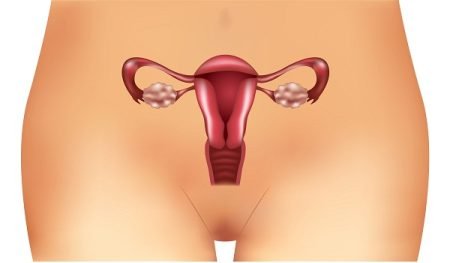Women’s Health and Hormonal Treatments: What You Need to Know
- Updated on: May 10, 2025
- 3 min Read
- Published on May 10, 2025

Endocrine therapies have changed how females deal with pregnancy, period troubles and change‑of‑life signs. These medical approaches bring ease and comfort but can also cause surprising reactions that many do not see coming. As more individuals choose options like tablets, shots, and hormone supplements, knowing the upsides and the possible problems becomes a must for making smart decisions.
How Hormone‑Based Solutions Operate
The body’s endocrine network uses chemical signals to control mood, metabolism, growth, and reproduction. Endocrine therapies guide or boost these signals to fix imbalances or reach certain goals. Whether preventing pregnancy, easing hot flashes, or treating stubborn skin issues, each solution tweaks the body’s natural processes to deliver the desired result.
For example, oral contraceptive tablets use synthetic regulators to stop egg release. Supplements for the menopausal phase restore lower hormone levels, helping with discomfort. Methods for PCOS or skin breakouts also use similar science to lessen symptoms. Even though these fixes can greatly improve life quality, they come with a set of changes that are important to understand fully.
Fertility Control
When it comes to avoiding unplanned conception, there is a range of options available. Tablets are widely used for their simplicity and reliable performance when taken on schedule. However, shots work for several months with only one clinic visit. Each choice suits different lifestyles and personal circumstances but comes with its own set of downsides.
For instance, the Depo injection can lead to changes in body mass, sudden mood swings, and even a drop in calcium levels in bones if used over time. In some cases, it has also been linked to the development of brain tumors. This has led many to take legal action by filing a Depo Provera lawsuit. Other methods may also cause headaches, nausea, or chest tenderness. Many people adapt well, but weighing these factors is critical before picking the right prevention strategy.
Easing Menopause
Estrogen or progesterone supplements help ease hot spells, mood dips, and dryness. However, topping up hormones carries its own share of potential problems. Extended use has been tied to risks like clotting in blood vessels, stroke events, or certain cancers. These dangers depend on factors like age, personal health background, and how long the therapy lasts. Talking openly with a medical professional ensures you get a plan that matches your overall health and lifestyle choices.
Tackling PCOS
Polycystic ovary syndrome can throw off the menstrual clock and trigger unwanted hair growth. By balancing out hormone levels, medical solutions lower androgen buildup, keep periods on track, and even clear up skin irritation. Still, relying on dedicated pills is not a one‑size‑fits‑all solution. Some might face weight gain, mindset shifts, or rising blood pressure. Often, mixing these regimens with healthy eating and regular workouts leads to better success. Staying in touch with your clinician guarantees the plan remains both safe and effective.
Clearing Skin
Battling stubborn breakouts that flare up with monthly cycles often demands a deeper fix than standard creams. Doctors sometimes prescribe regulator‑blocking medications or specific tablets to slow down oil production that clogs pores and sparks pimples. These methods usually need patience, as clear skin can take a few months to show up.
Some people even see their condition worsen before it gets better. There are also secondary concerns too. These may include an upset stomach, chest tenderness, or feeling emotionally off‑balance. Consistent check‑ins can help catch issues early and keep progress on track without risking overall health.
Weighing Positives Against Possible Hazards
Picking a regimen that shifts hormone activity means more than just focusing on perks—it also means facing the flip side. Everyone reacts differently to medical fixes. While some shrug off reactions, others feel them in a big way that can interfere with daily routines.
Things like age, existing health struggles, and family background all play a role in how a person responds. This is why honest talks with a medical expert are very important. The back‑and‑forth should not just cover immediate aims but also future concerns like bone strength, heart health, and mental balance.
Ways to Ease Unwanted Reactions
Finding yourself dealing with treatment reactions does not always mean quitting right away. Tweaking dosages, switching to a different delivery style, or adding natural fixes like better eating habits and stress relief can make a big difference. Sometimes mixing methods helps too. For example, taking extra calcium and vitamin D supports bones when using long‑acting shots. Similarly, pairing acne control with gentle skin care routines covers multiple angles.
Endnote
Tweaking hormone levels can seriously boost daily comfort and overall well‑being. However, the approach calls for thoughtful decision‑making and ongoing attention. Every person’s journey is also different. Therefore, what helps one individual might not suit another. Staying curious, keeping open lines with your health team, and being ready to adapt are key for tackling all problems.












